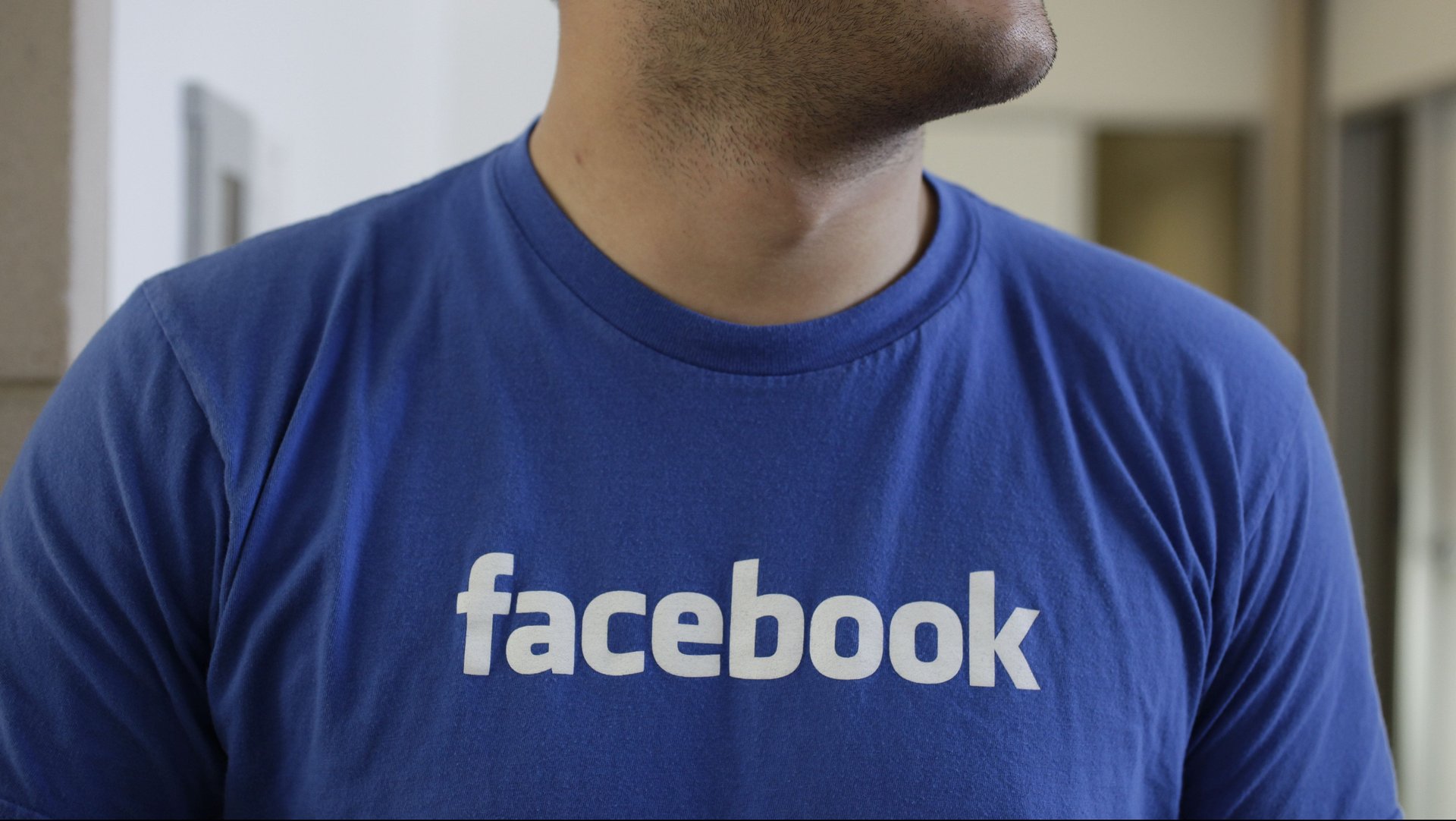Facebook is “failing its black employees and users” says a manager leaving the company
Shortly before his last day as a Facebook employee, Mark Luckie, a manager focused on diversity in its partnerships, sent out a company-wide memo about Facebook’s “black people problem.”


Shortly before his last day as a Facebook employee, Mark Luckie, a manager focused on diversity in its partnerships, sent out a company-wide memo about Facebook’s “black people problem.”
In the 2,600-word note, Luckie, himself African-American, outlined how Facebook ignores and mistreats its black users and employees alike, and how its diversity initiatives are lacking. Luckie’s full title at Facebook was “Strategic Partner Manager for Global Influencers focused on Underrepresented Voices” and he was at the company just over a year, according to his LinkedIn page. Luckie, who says he quit the company because he was burned out and frustrated, sent the note Nov. 8 and posted it to his Facebook page Nov. 27.
“In some buildings, there are more “Black Lives Matter” posters than there are actual black people,” he writes, adding that hiring employees focused on diversity is not enough. The company’s culture needs to change in a more fundamental way.
He outlines how black employees face discrimination in their day-to-day work. “A few black employees have reported being specifically dissuaded by their managers from becoming active in the [internal] Black@ group or doing “Black stuff,” even if it happens outside of work hours,” he wrote, adding that several times a day his Facebook coworkers instinctively grab their wallets if they happen to walk by him.
Although he touts some of Facebook’s diversity work, he says some of the efforts are under-resourced. For those hired for these initiatives ”their work devolves into serving as an address book to add a few names of color to projects,” he writes. “Efforts that promote inclusion, not just diversity, are being halted at the managerial level.”
Facebook reports its diversity numbers every year. The number of black and Hispanic employees this year increased from 2% to 4% and 4% to 5%, respectively, the company says.
In an email, Anthony Harrison, a Facebook spokesperson says the company is “working diligently” to include more diverse perspectives. “We want to fully support all employees when there are issues reported and when there may be micro-behaviors that add up. We are going to keep doing all we can to be a truly inclusive company,” he said.
The internal situation at Facebook mirrors how the company treats its black users, Luckie writes. Black communities are some of the most engaged on the platform, but this is not reflected in the company’s outreach efforts. Their speech is suppressed, he says, pointing to examples of activists’ accounts getting suspended. And there’s also a more basic problem:
When determining where to allocate resources, ranking data such as followers, greatest number of likes and shares, or yearly revenue are employed to scale features and products. The problem with this approach is Facebook teams are effectively giving more resources to the people who already have them. In doing so, Facebook is increasing the disparity of access between legacy individuals/brands and minority communities.
You can see this, for example, in the influencers and creators who appear in the Explore tab on Instagram, or in those who are verified on Facebook’s platforms, he says.
At the end of the memo, he enumerates his recommendations, from general to specific, like creating a system for employees to anonymously report microaggressions and organize more focus groups with underrepresented communities.